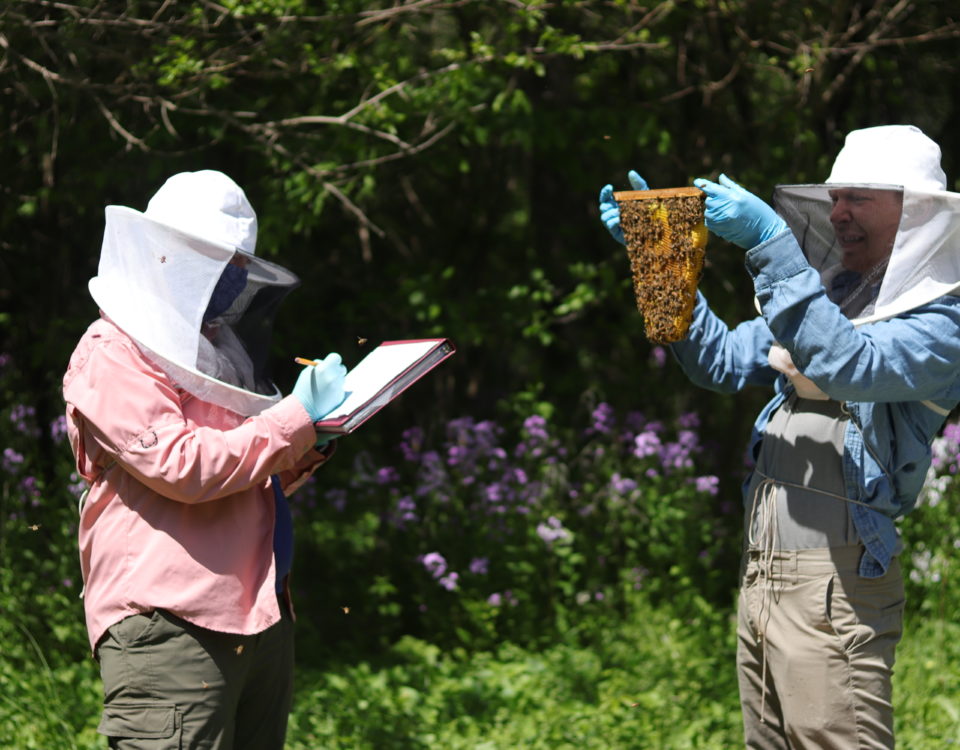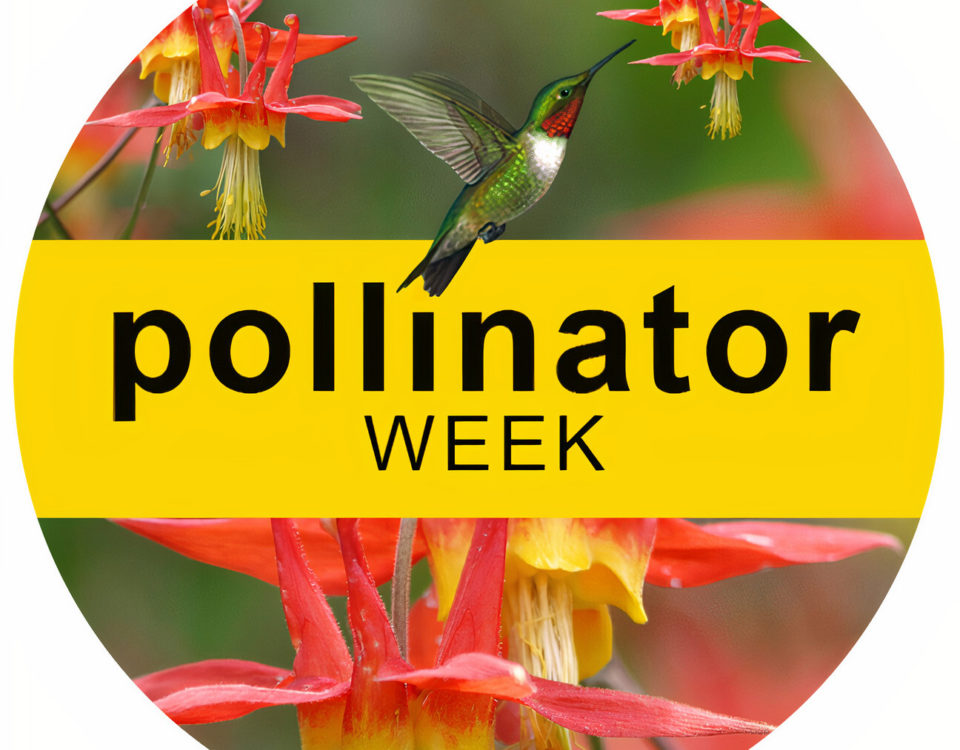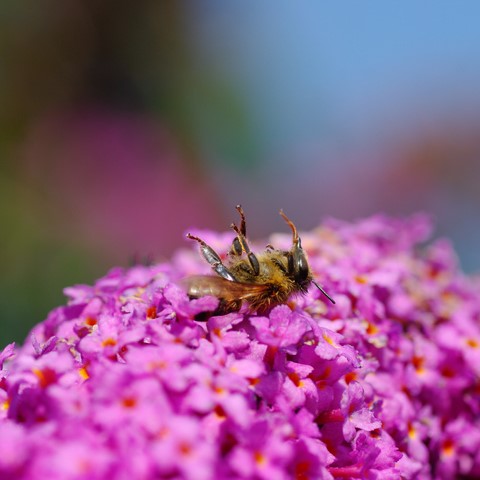- All-In-One Beekeeping for the Bees
- +1-608-728-8233
- info@beepods.com
Urban Bees: Thriving in the City

Connecting with local beekeepers lets you learn from their insights on ordinances and permits in your area.
As an urban educator, you may feel that your school has limited natural resources to share with your students. While that may be true, being in an urban setting actually has advantages for beekeeping and benefits both the students as well as the surrounding communities. Urban bees don’t just survive, they thrive.
Urban Bees: Better Forage, Better Honey
Urban bees love abandoned lots. When people abandon an area, nature rushes in. While we humans may only see nuisance weeds popping up, bees see a wide variety of forage. Don Shump, hive manager at the Sofitel Hotel in Philadelphia, says that bees foraging on weeds produce interesting and complex honey. This variety of plants produces darker honey with a more unique flavor than standard rural honey.

Another advantage of urban bees is that they are not exposed to harsh chemicals. In rural areas, bees are often limited to farm monocultures treated with pesticides. These chemicals are one of the causes of colony collapse disorder (CCD). The research backs this up. Urban bees have a 62.5% winter survival rate compared to 40% for rural bees. According to the Honeybee Conservancy, urban bees also produce twice as much honey their first year as rural bees.
Keeping Urban Bees (and People) Cool
With limited land, more and more schools are exploring the idea of a green roof as a location for an outdoor classroom. PS 41, a public elementary school in Greenwich Village, has a roof covered in soil and vegetation which can absorb 157,000 gallons of stormwater each year. Green roofs also provide habitat for urban bees and help to cool the building. Paved, dark surfaces of urban roofs absorb the sun’s energy and re-radiate the heat back into the atmosphere, increasing local air temperature. The plants on the green roofs absorb the radiation to evaporate water. This makes the roof 30-40 degrees cooler than conventional roofs and lowers the ambient city air by up to 5ºF.
Connecting Children to Nature
Alison Benjamin, co-founder of Urban Bees in London, says that urban dwellers are suffering from “nature deficit disorder,” and urban bees help to address that. Nature deficit disorder results in a rise in behavior problems in children and increased stress in adults. Benjamin says that keeping bees connects children with seasons, flowers, and trees. She also says that people prefer the reduced environmental impact of locally produced honey and see it as a remedy for allergies. In Milwaukee, the Urban Ecology Center focuses on connecting people in cities to nature and each other. The center recognizes that native bees are much more important for pollination than imported honey bees, but uses the hives as an entry point to get children interested in pollinators.
Helping Food Deserts
More than 2.3 million Americans live in food deserts, low-income areas where residents don’t have access to nutritious food. New York City is a leader in combatting food deserts with more than 700 urban farms and gardens. They have found that adding bees improves food quality and increases yields up to 71%. In East Oakland, California, there is an organic farm planned, planted, and harvested by children in grades K-8. East Oakland is a community with only two grocery stores in a 3-mile radius. The urban bees and plants help the children to understand where their food comes from. In 2019, at four urban farms around Cleveland, nearly 50 young people learned about agriculture through urban farming. The youth developed skills in communication, leadership, and healthy living.
Getting Started with Urban Beekeeping
By 2050, 75% of us will live in urban centers. It’s time we start rethinking beekeeping and how we bring nature to our students. To get started with urban beekeeping:
- Check with your state apiarist to make sure farming is legal in your community.
- Volunteer with a community garden or other urban beekeeping organization.
- Order a Beepod and start a Beepods membership to gain access to educational videos and special content.
Urban beekeeping starts here.
Build interest in pollinators with a Beepod beekeeping system.
Bill Polacheck
Latest posts by Bill Polacheck (see all)
- Level Up with a Beekeeping Course - September 15, 2020
- Beepods Harvest Box: Helping Your Bees Survive the Winter - September 8, 2020
- Simple Ways You Can Communicate Like a Bee - September 1, 2020




